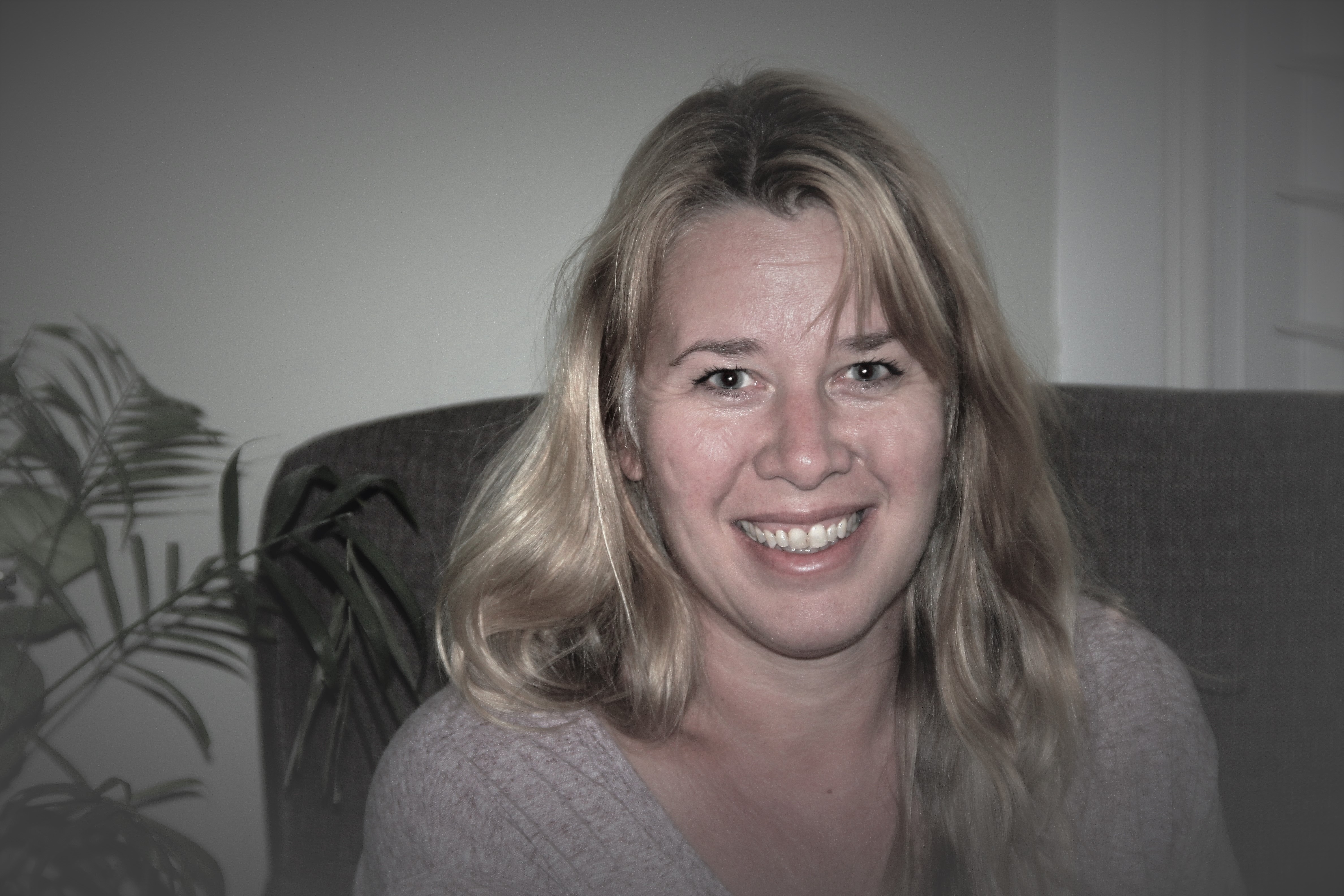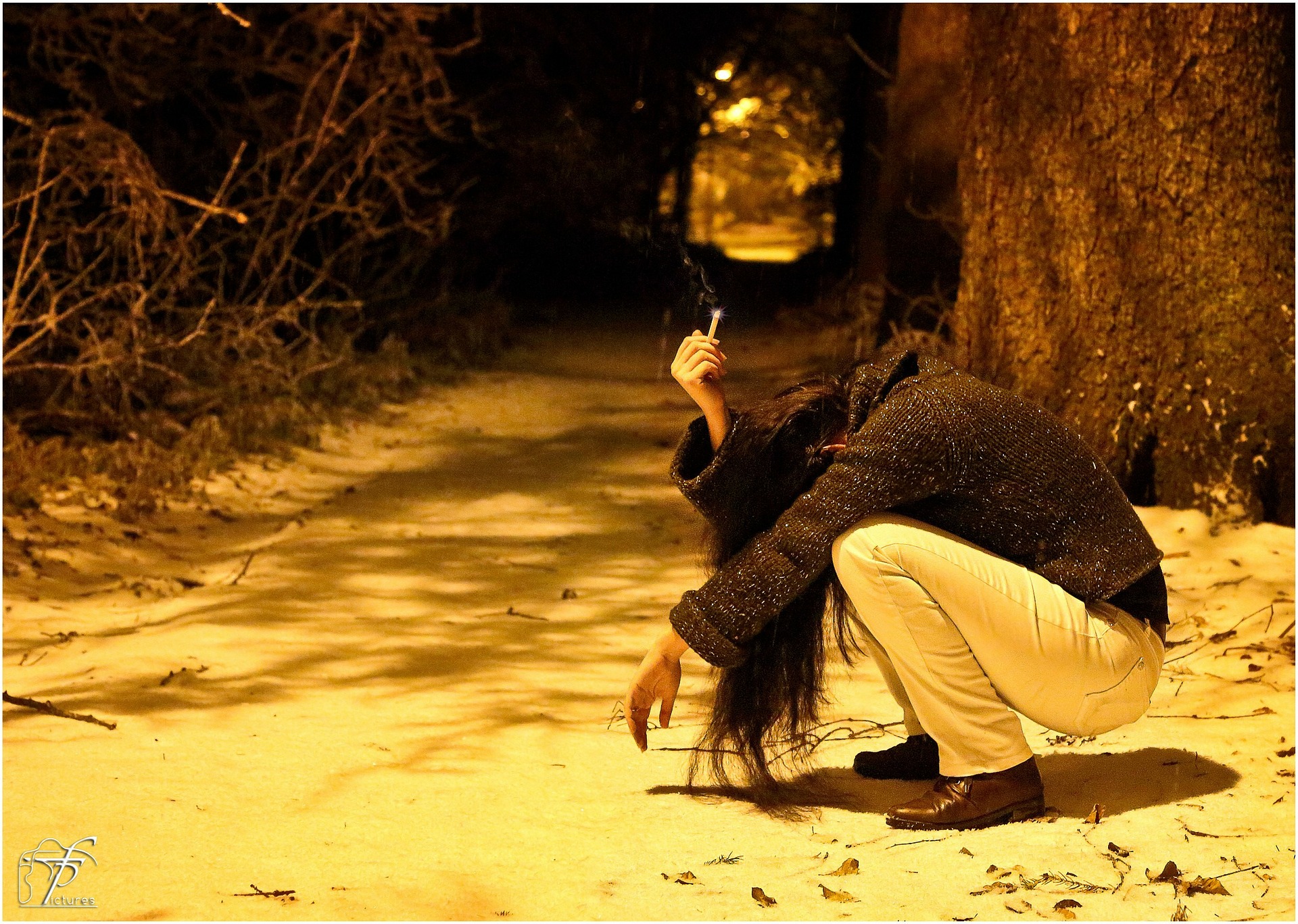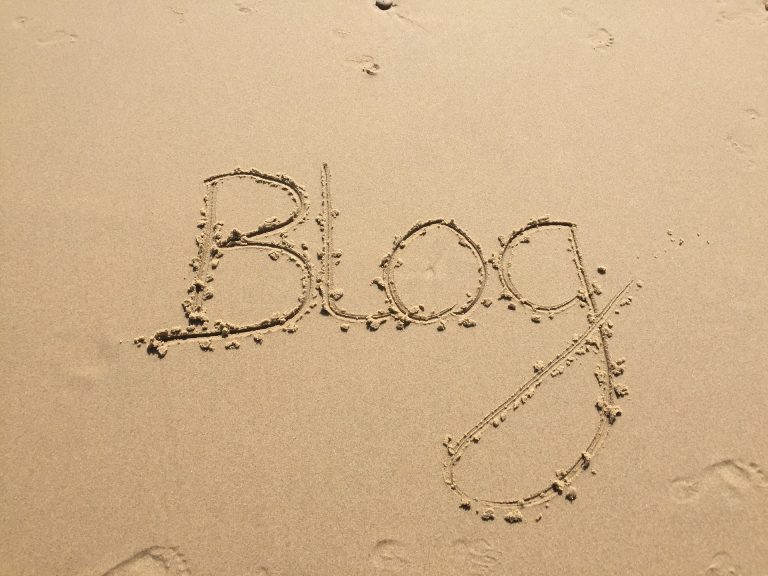"BLUE MONDAY"
Myths and Facts About the “Worst” Day of the Year

By Kelly Ainslie, MC, BSW, RSW, RCC
In 2005, psychologist, Cliff Arnall, declared that the third Monday in January is the worst day of the calendar year. Not a great statement for anyone born that day! Recently, Dr. Arnall reportedly stated that his actual intention for declaration of this day was to encourage people to emphasize the possibilities of new beginnings and to focus on making positive changes in their lives. So, although there is no real scientific data to state that this is the worst day of the year, there is research on how our moods can be affected in the winter months. The “winter blues” can strike on any day during the cold and dark months. Winter blues should not be confused with Seasonal Affective Disorder (SAD), a more serious form of depression, that often requires more intensive treatment. For sufferers of SAD, symptoms often begin before the winter months, when the days become shorter, and continues through winter.
“Once you choose hope, anything is possible.”
~ Christopher Reeve
So, what’s this all about? Why are our moods impacted at this time of year? Well, I gave a few hints above, but other reasons include a type of “crash” after the holidays when we have to return to our regular schedules, our gift-buying bills have started to roll in, cold and bleary weather and darker days keeps us from spending a lot of time outdoors, and in case you didn’t read my blog about the likelihood of following through with New Year’s goals, you may have fallen off your resolution wagon by now. If this isn’t bad enough, when you look at the calendar, you know that you’re instore for at least 6 more weeks of what this season has to offer.
So, what to do? Let’s explore the FACTS of keeping the blues away.
Get Moving!: It’s a FACT that exercise activates pleasure areas of our brain. Physical activity releases natural endorphins and stimulates neurotransmitters in our brain, like dopamine, norepinephrine, and serotonin. This is a drug-free way of stimulating our brain positively, having the same feel-good effect as sex. Do I have your attention now?
Where are My Peeps At?: It’s a FACT that we are social beings, and we need contact with others. Think about how you feel when you are spending time with people you enjoy. Your friends laugh at your jokes (even the ones that aren’t that funny), your partner and children smile and hug you when you’re together, you talk to these people and you feel better, even if you’ve had a bad day, they are there to help you get stuff off your chest. Ever have those down days when you just need to talk to someone you trust and afterwards you feel so much better? All these interactions relieve stress and increase your overall well-being.

I Have Seen the Light!: It’s a FACT that when we are exposed to the warmth and light of the sun we feel a boost in our mood. Even if it is a chilly day, if you see the sun, get outdoors and take it in! When it is dark, we produce melatonin, which makes us sleepy. When we spend time in the sun, it is believed that serotonin levels increase, which results in feelings of calmness and increased focus. Light therapy is a common treatment for individuals diagnosed with SAD.
Dance the Blues Away: It’s a FACT that music can trigger improved mood. Think about that favorite song that comes on the radio and you immediately start humming or singing along, maybe even doing some chair dancing! Keep it up! Sing and dance and lose yourself in the rhythm. Music therapy incorporates all areas to improve physical, mental, and emotional well-being.
Knock, knock. Who’s There?: Fill in the rest and then belly laugh! Remember the saying, “Laughter is the best medicine.” This is a FACT. When we smile and laugh, we send signals to the brain that we feel good, increasing our endorphins, which improves our mood. So when it is too cold to venture outdoors, put on a comedy, or read your favorite book and smile.

“I just need a drink and I’ll feel better.”: MYTH! The mood-altering effects of alcohol mask and lead people to avoid their feelings. This does not resolve the issues. Alcohol is a depressant, which means it inhibits the functioning of our central nervous system. Other common “coping strategies” includes drugs, overeating, and smoking, to name a few. If you identified any of these as the way you cope with your moods, maybe give one of the other FACTS listed and see if it helps. Who knows? Maybe Blue Monday will be your new, New Year’s Day!
If you are experiencing mood and thought changes that are impacting your day-to-day functioning, or you notice a loved one suffering from depression, reach out for help! If you had a medical condition that required attention you wouldn’t hesitate to seek advice from a doctor. So too is the importance of your mental well-being!
One last important FACT: A very important day in January is just around the corner: January 30th is Bell Let’s Talk Day. And this is what we need to do! Let’s work together to end the stigma of mental illness.
Moving forward on this journey together… Kelly
Kelly Ainslie is a mental health clinician, holding Interprovincial Registration as a Social Worker and as a Registered Clinical Counsellor in beautiful Victoria, British Columbia. Kelly specializes in meeting the unique counselling needs of women, couples, older adults, and vulnerable populations diagnosed with intellectual disabilities.
Find me on Facebook




